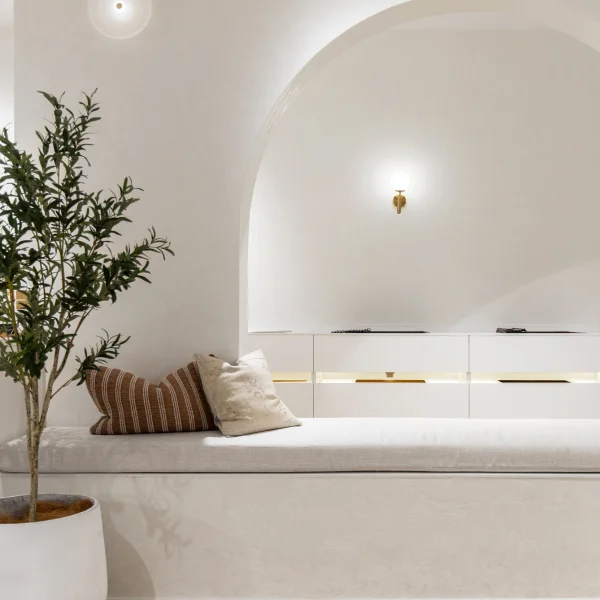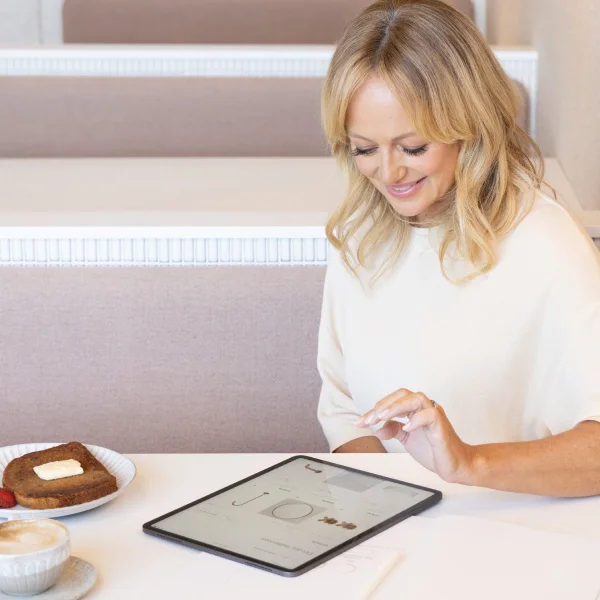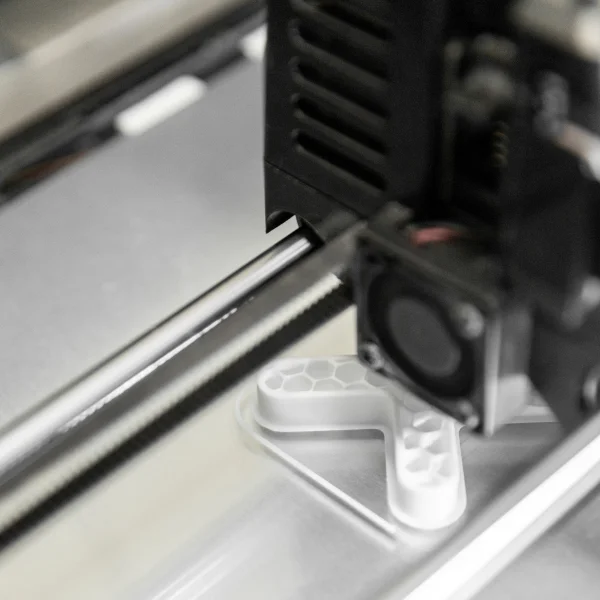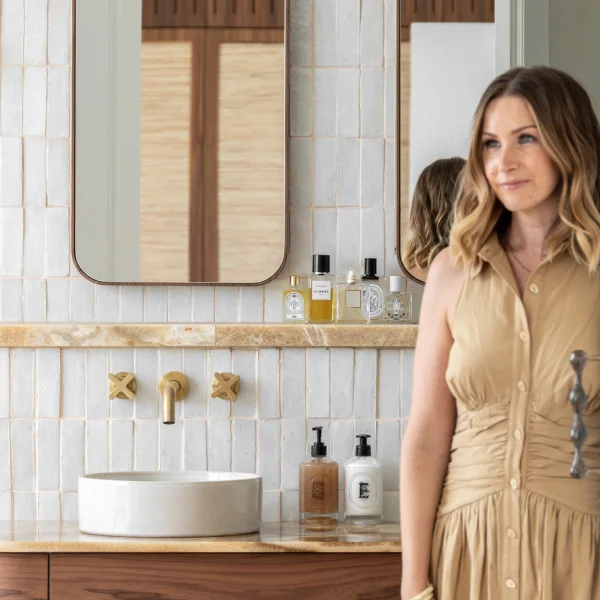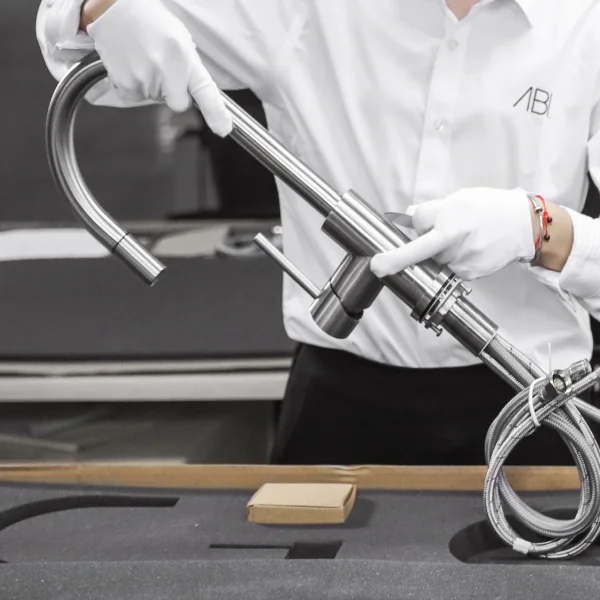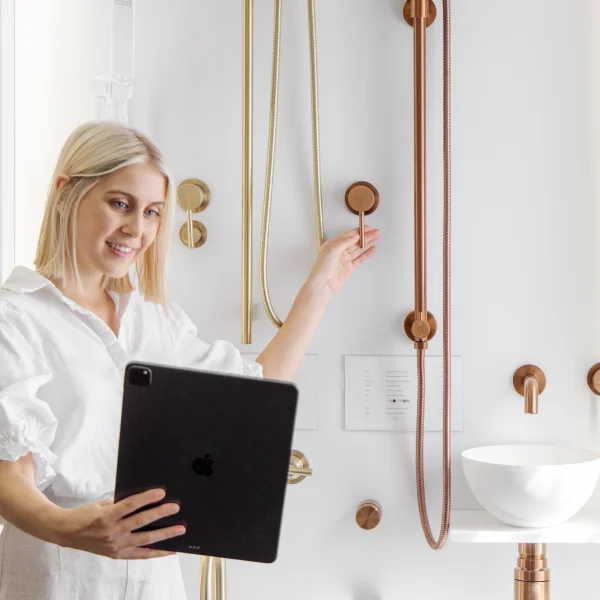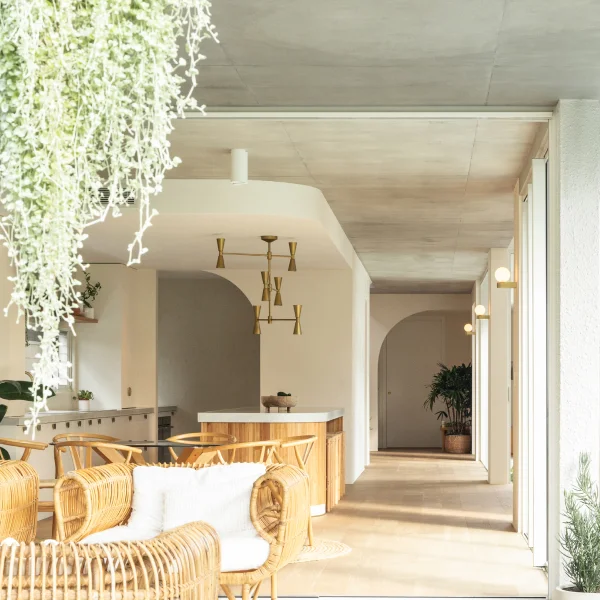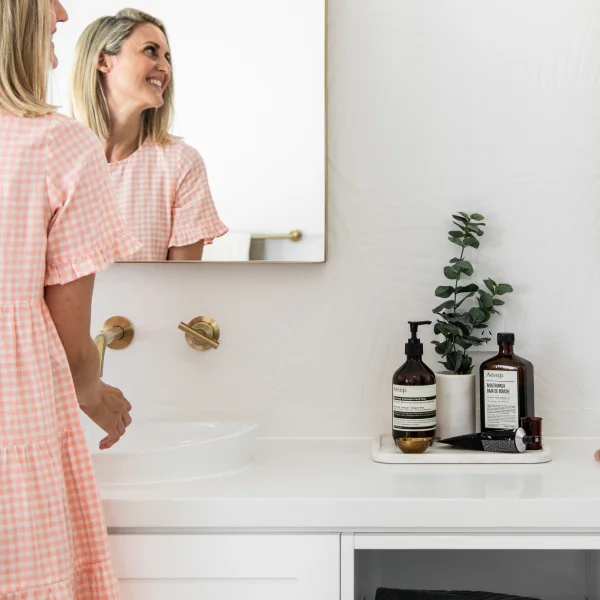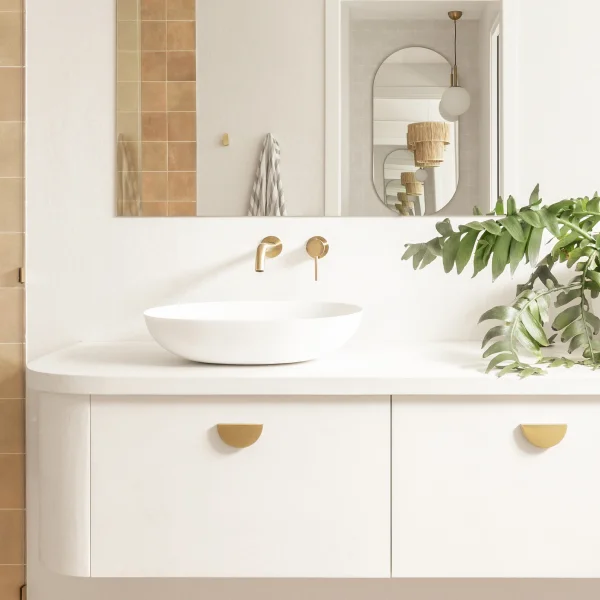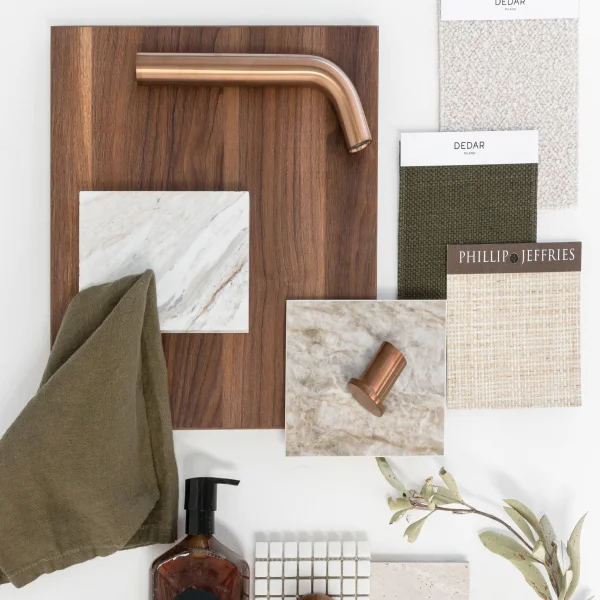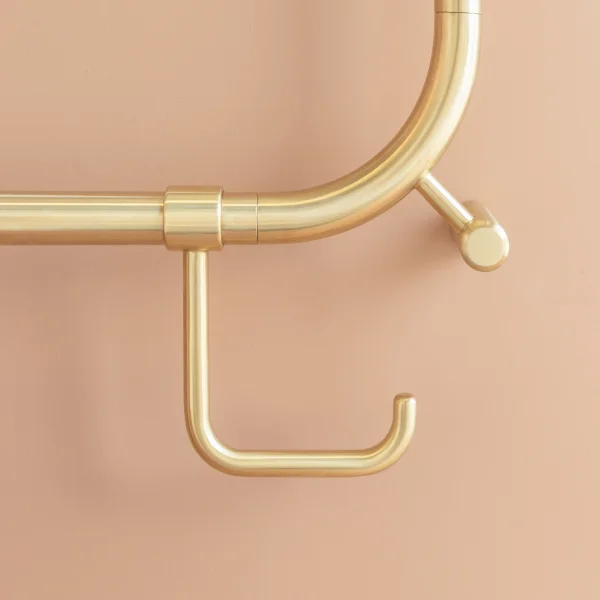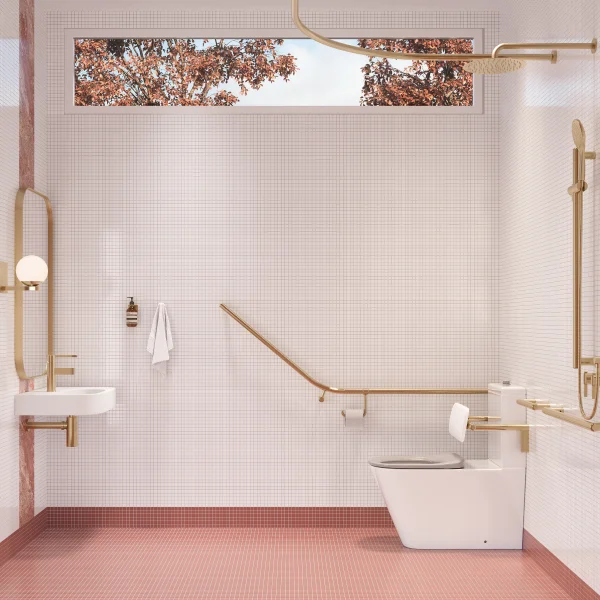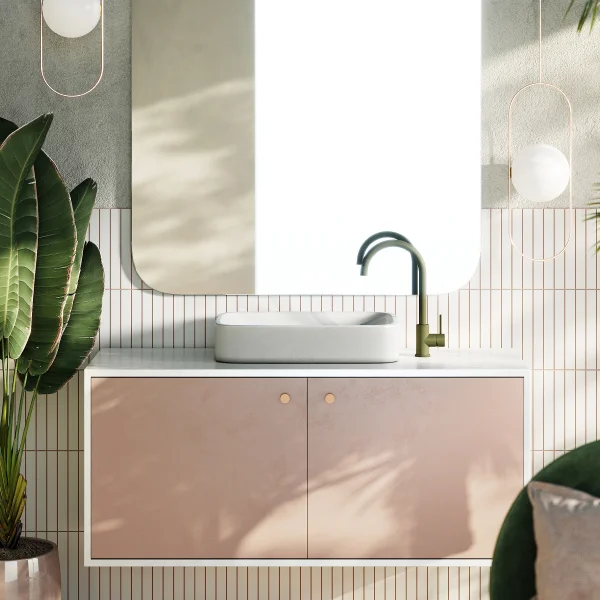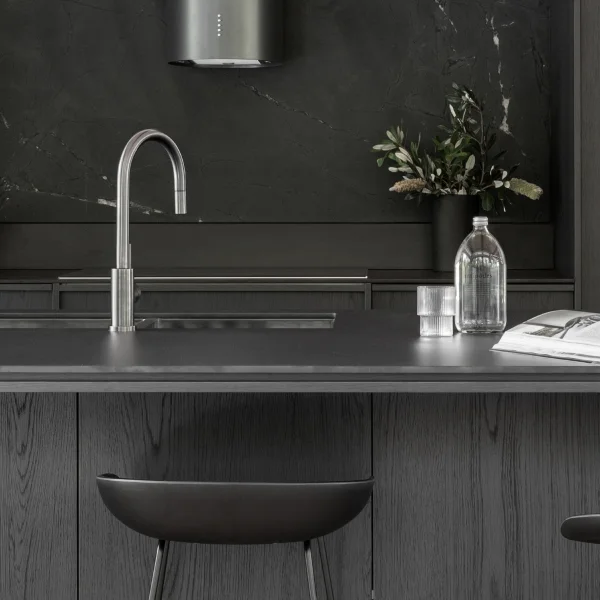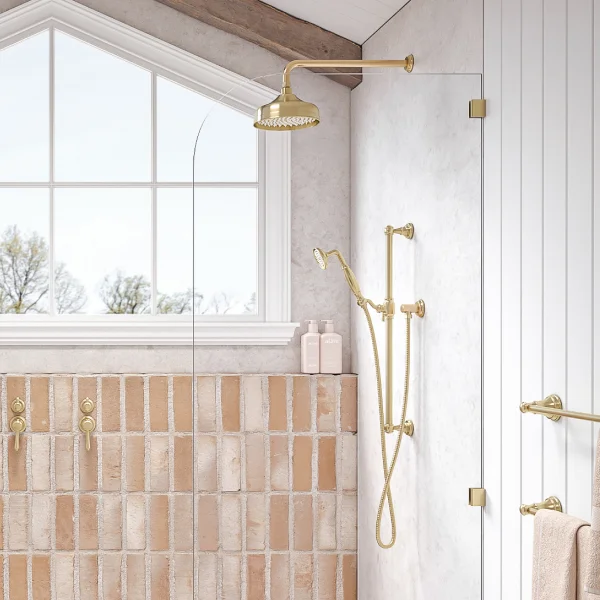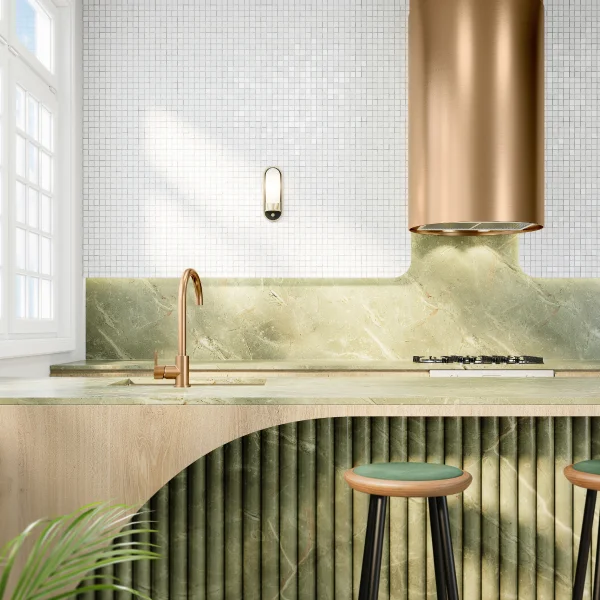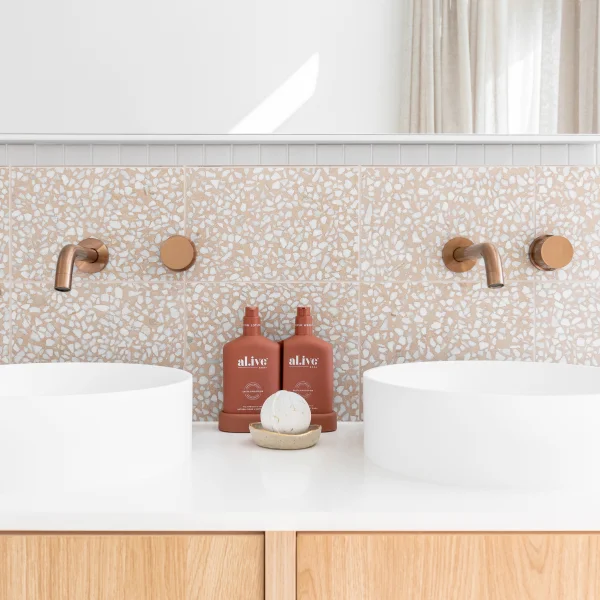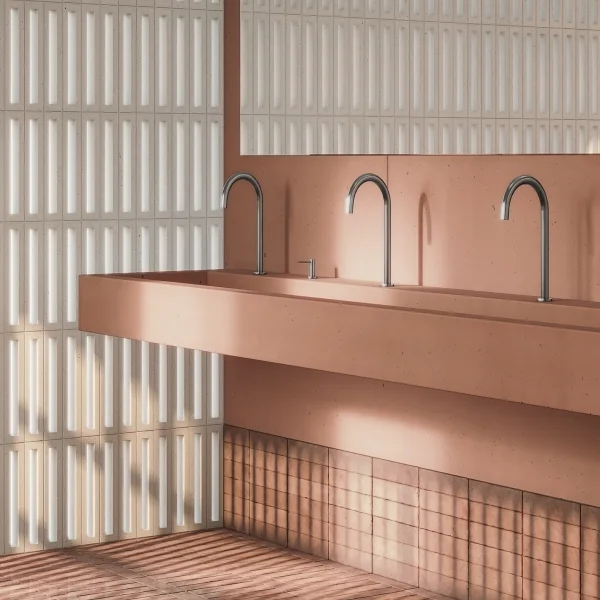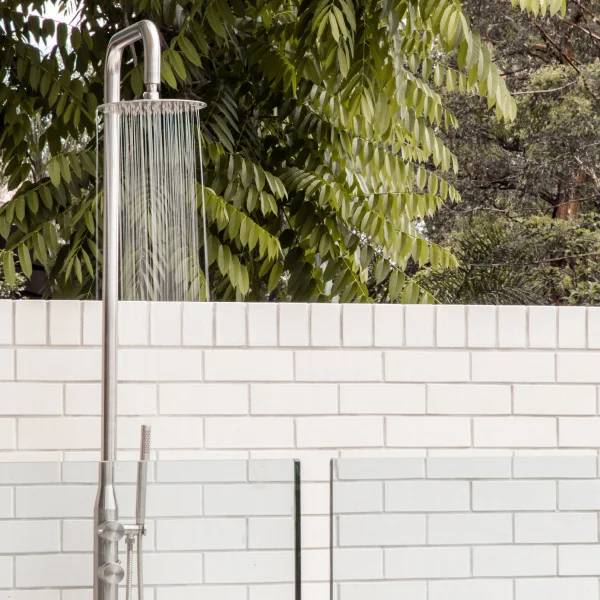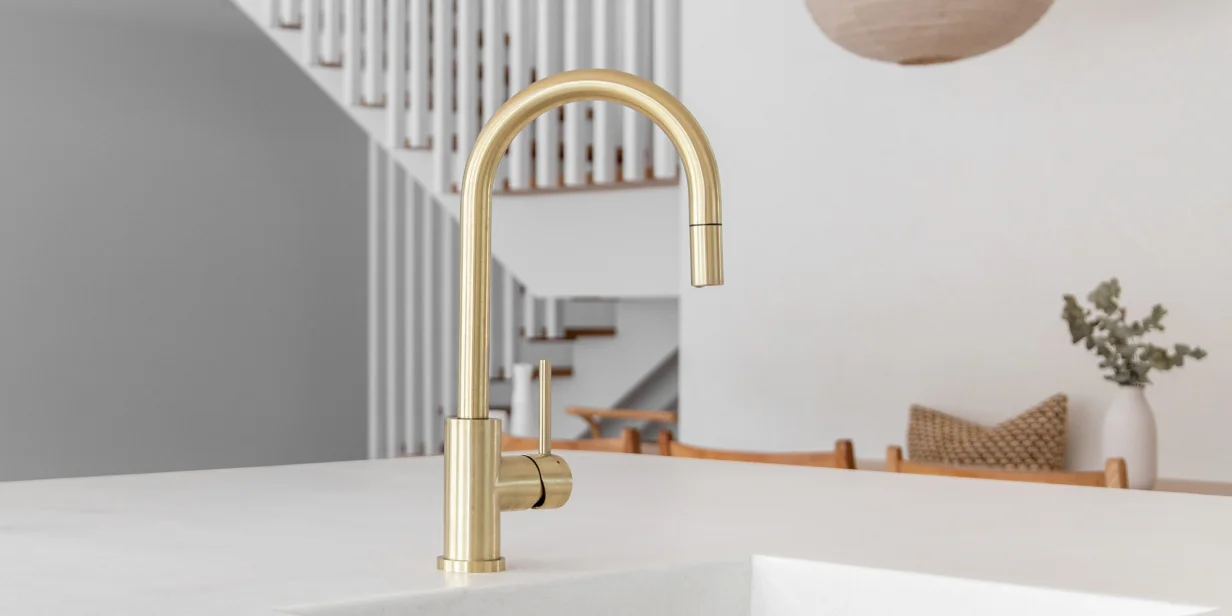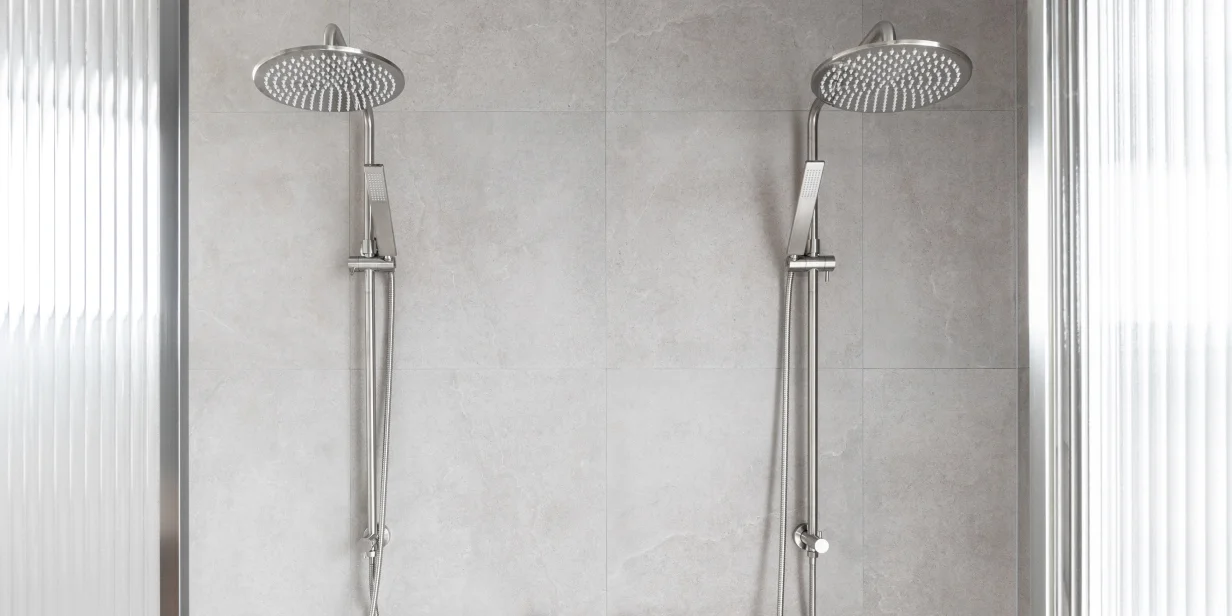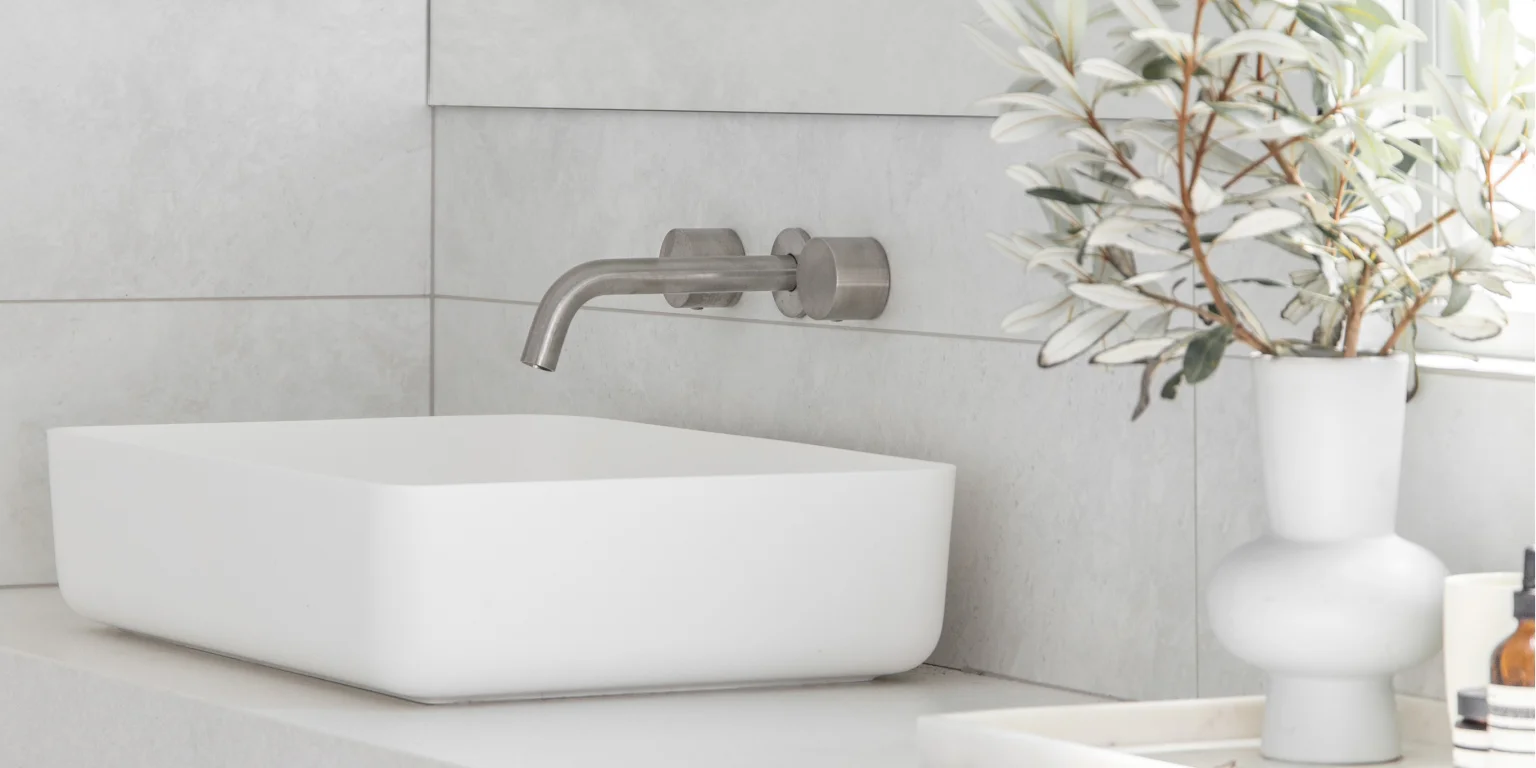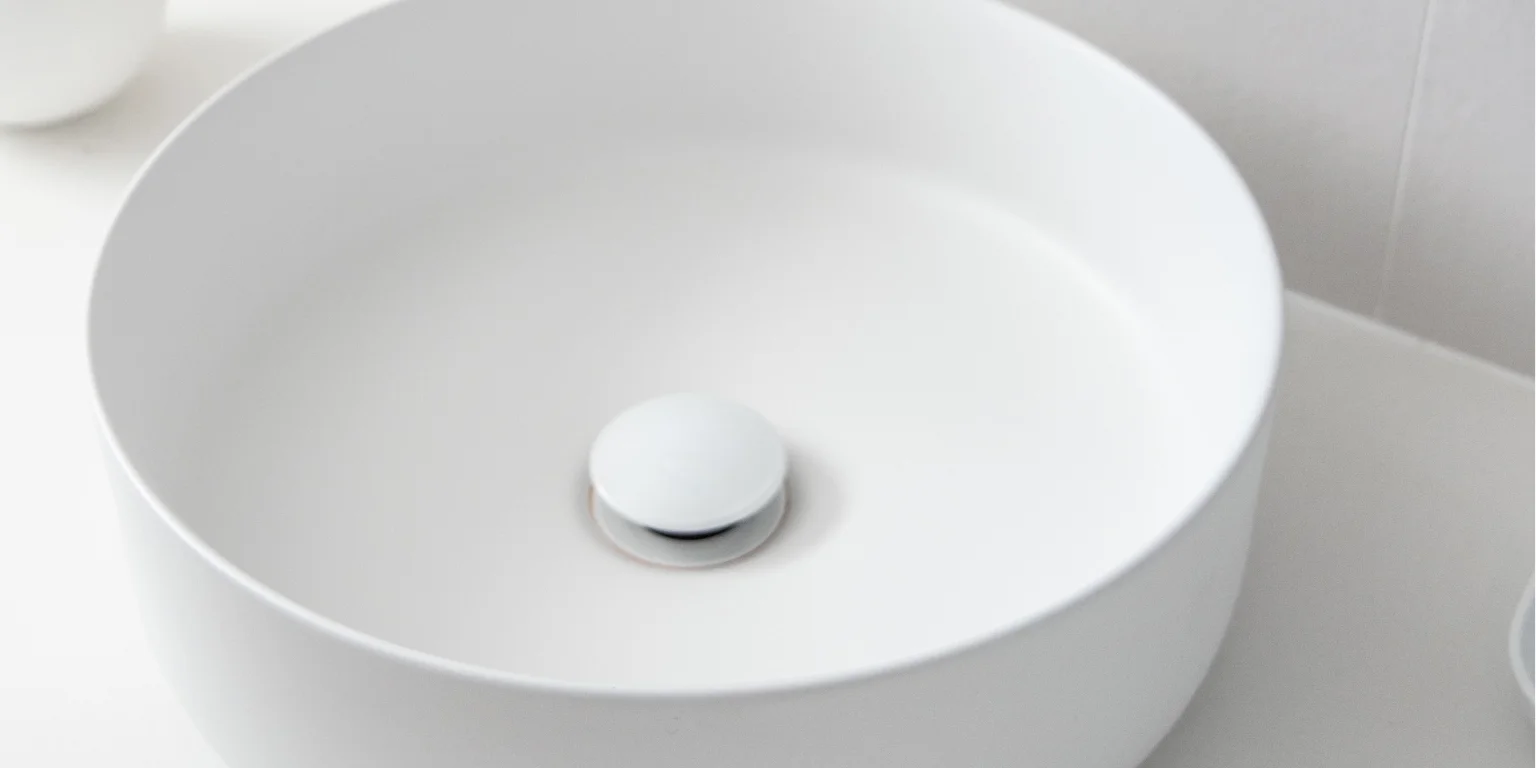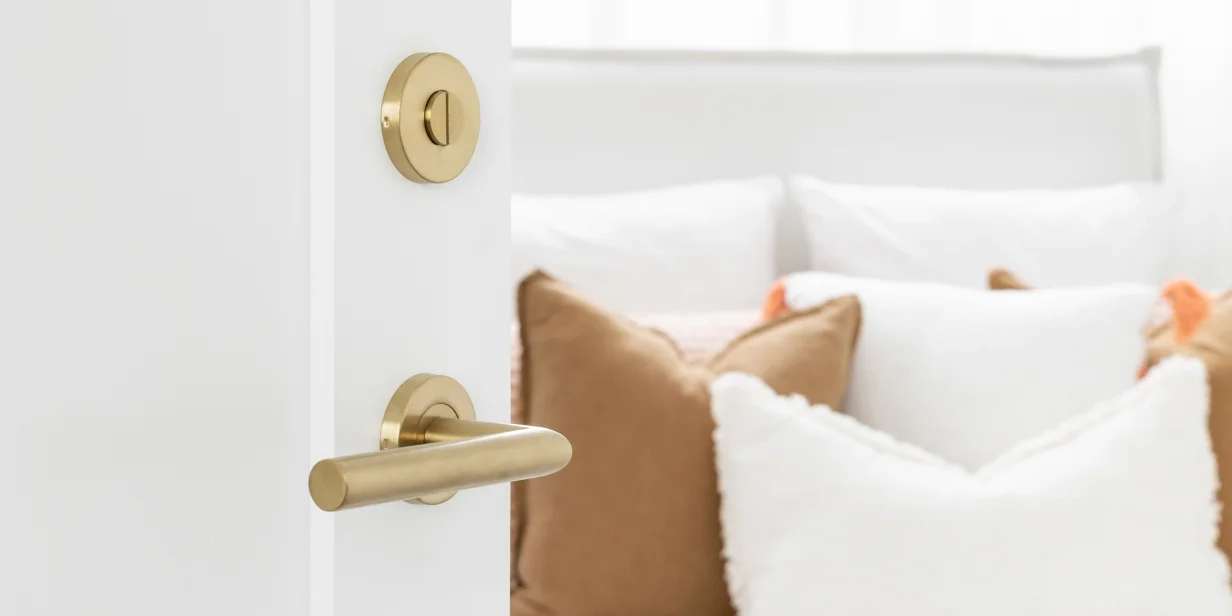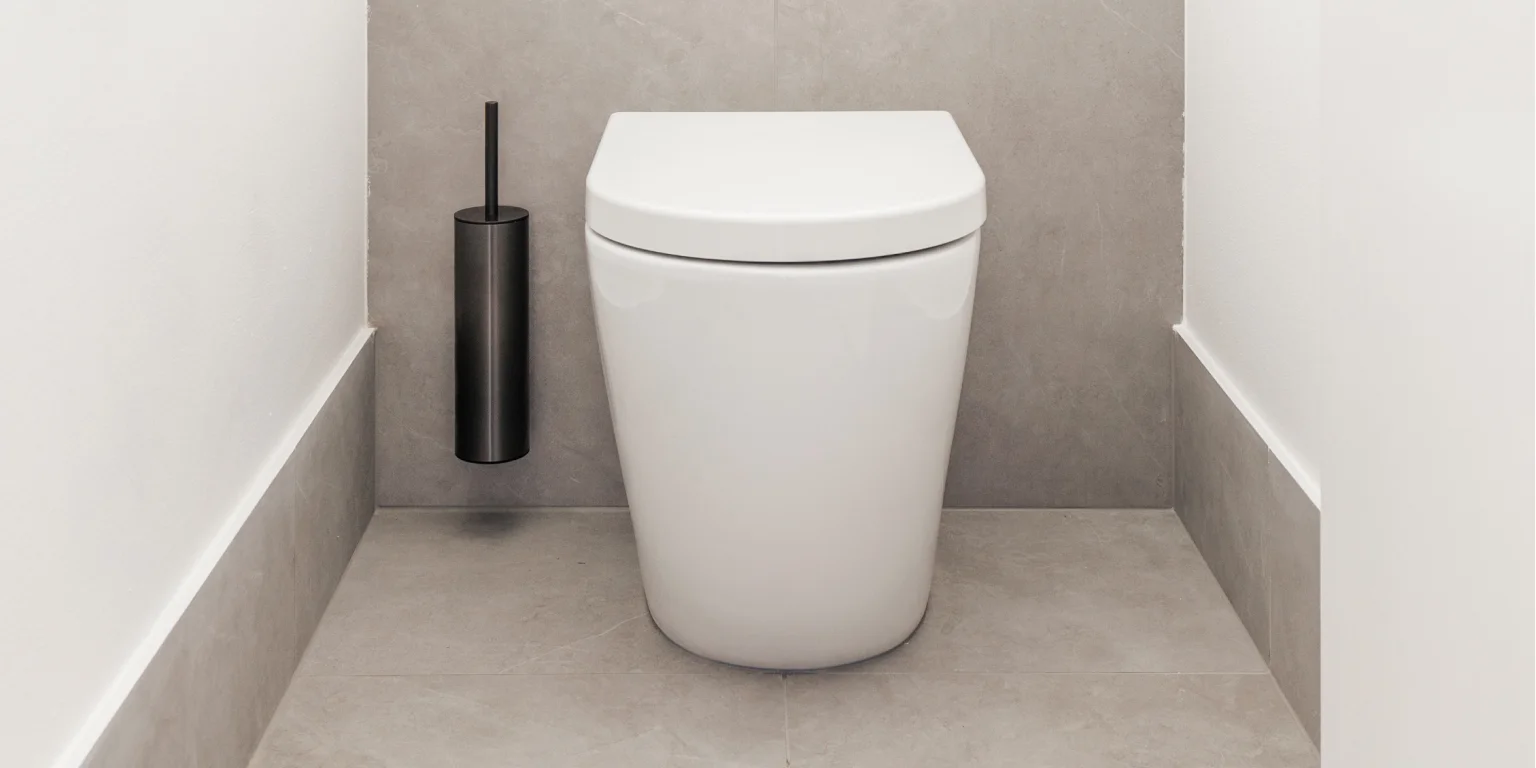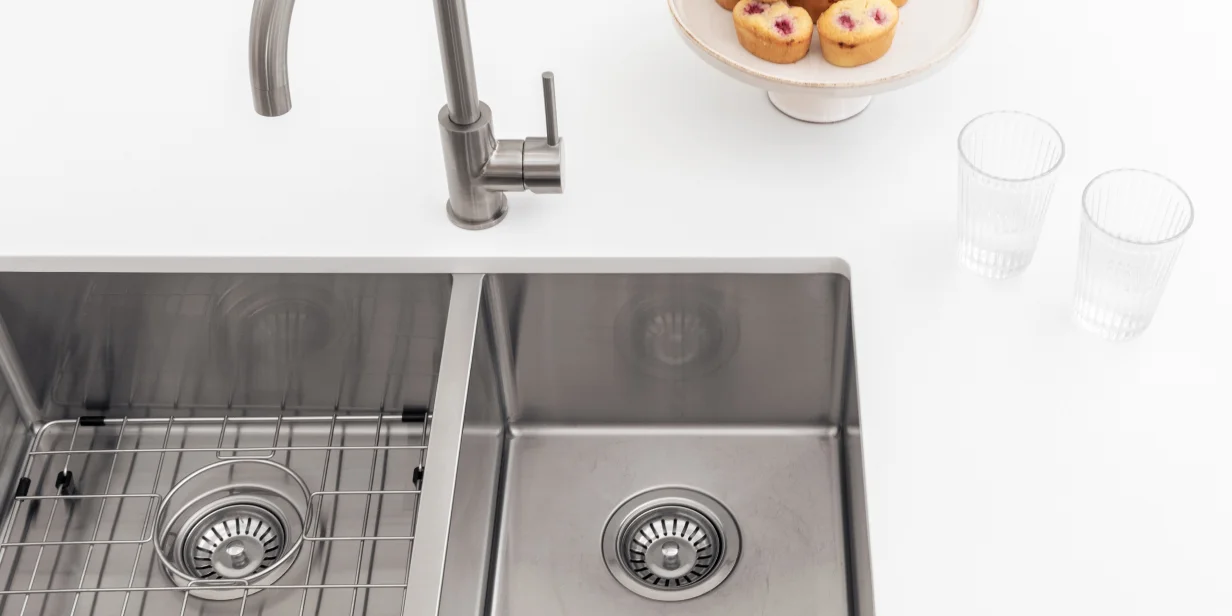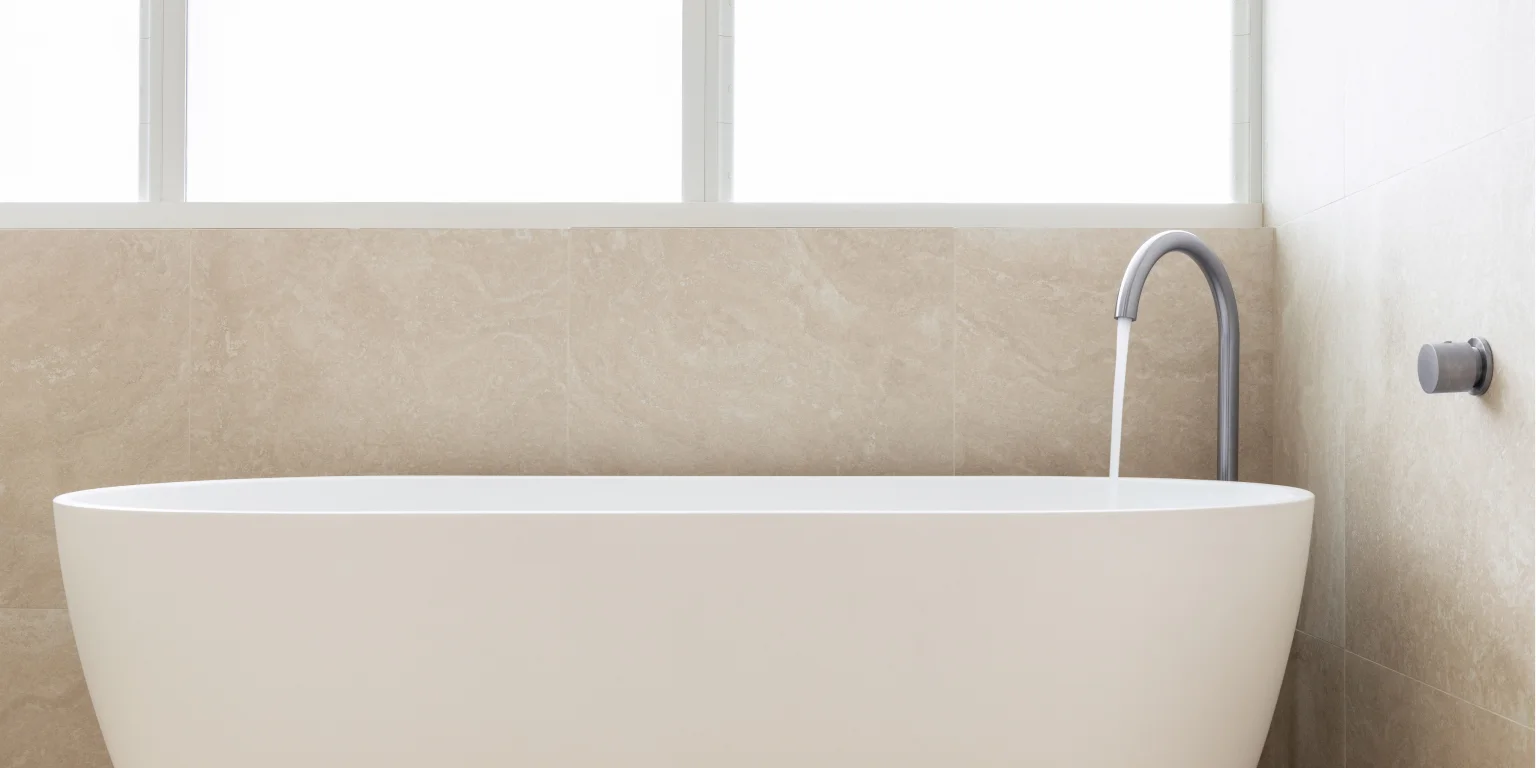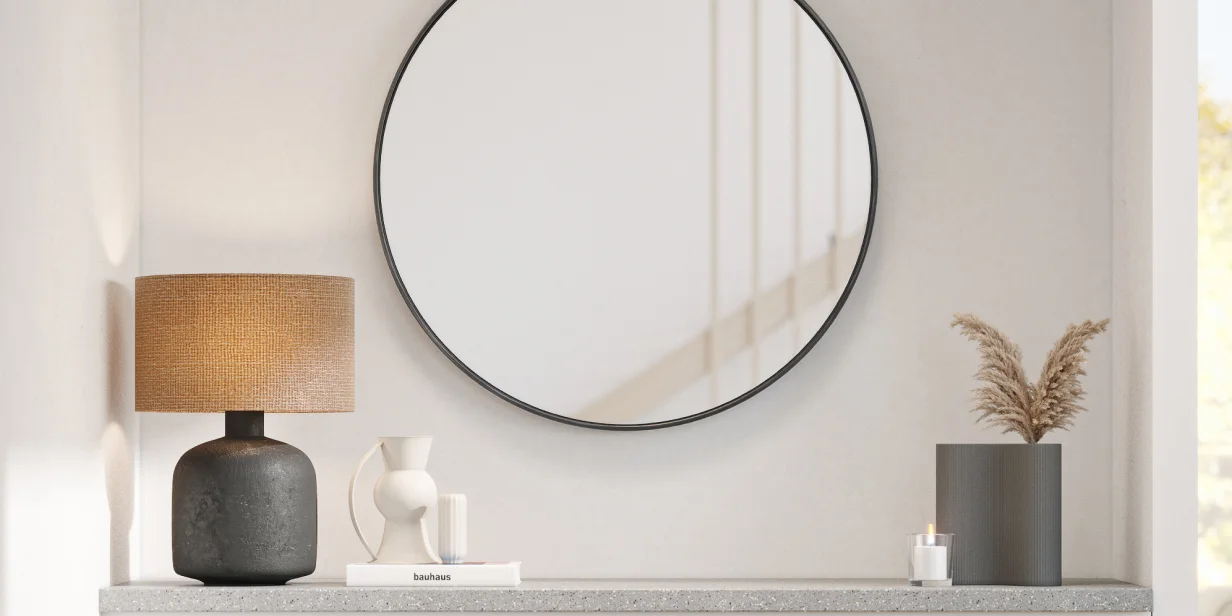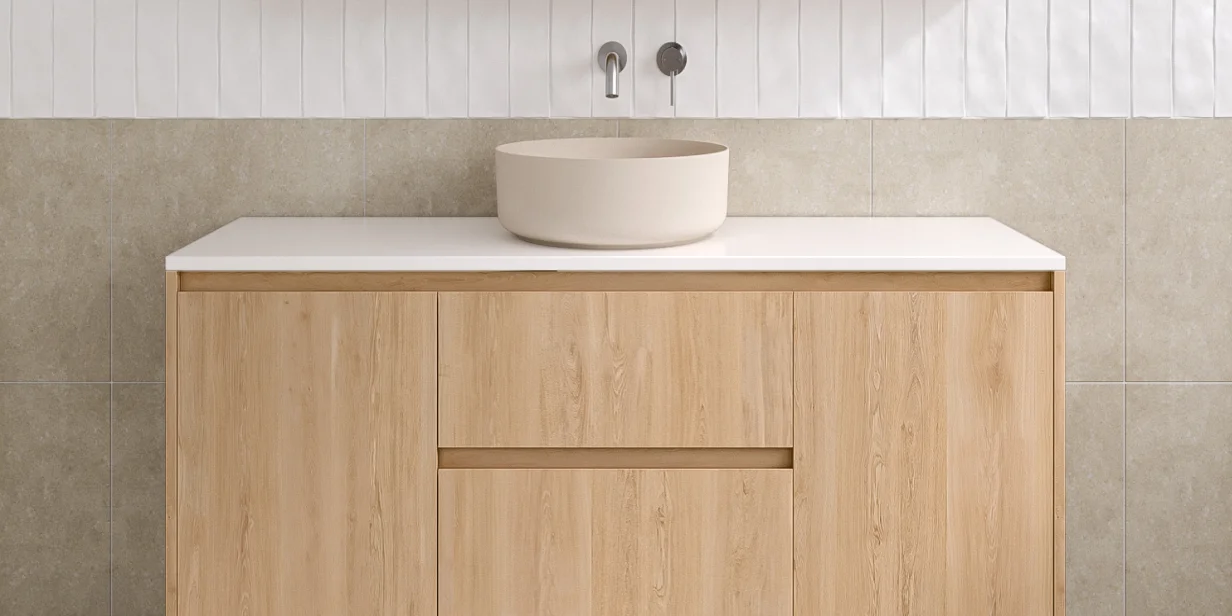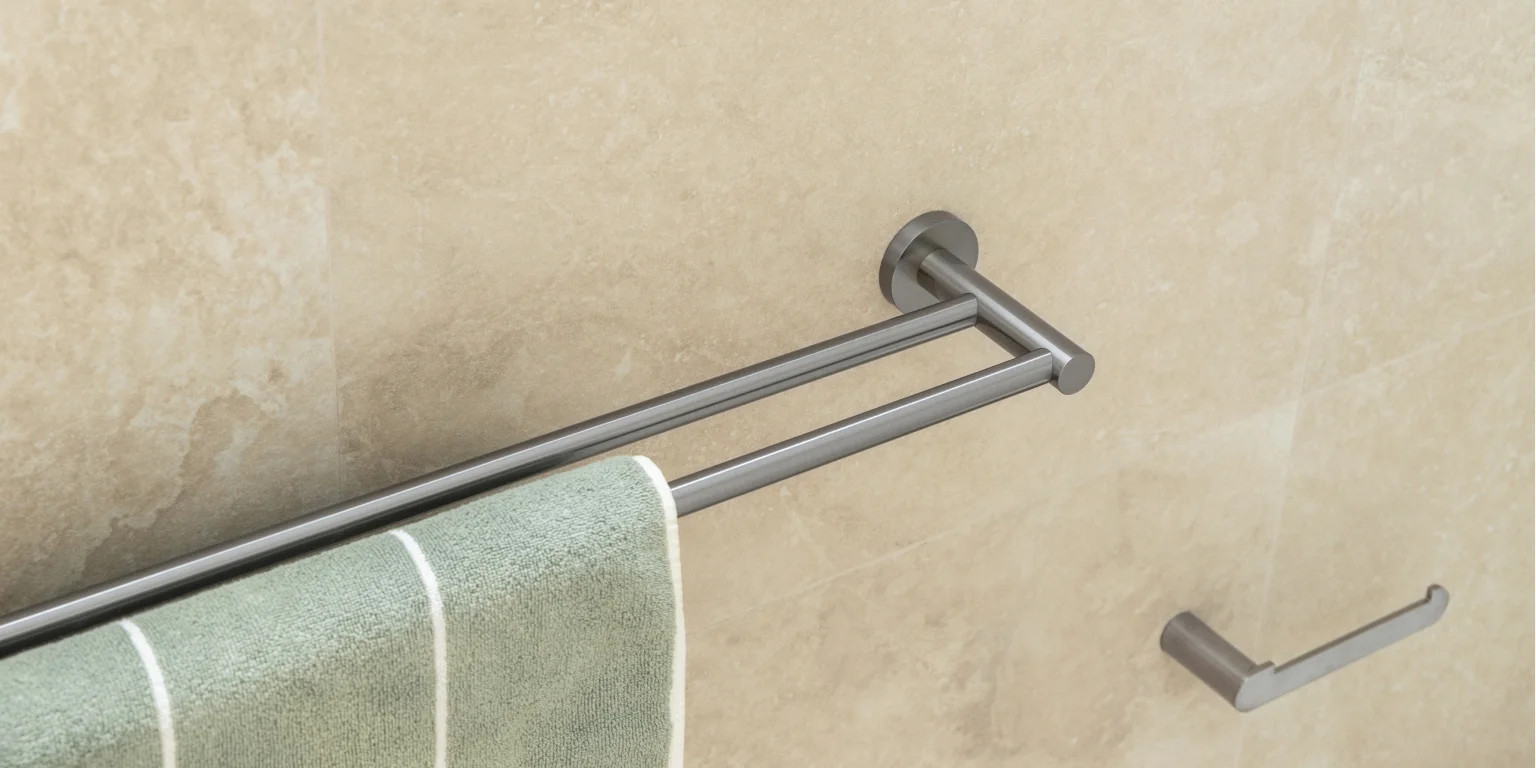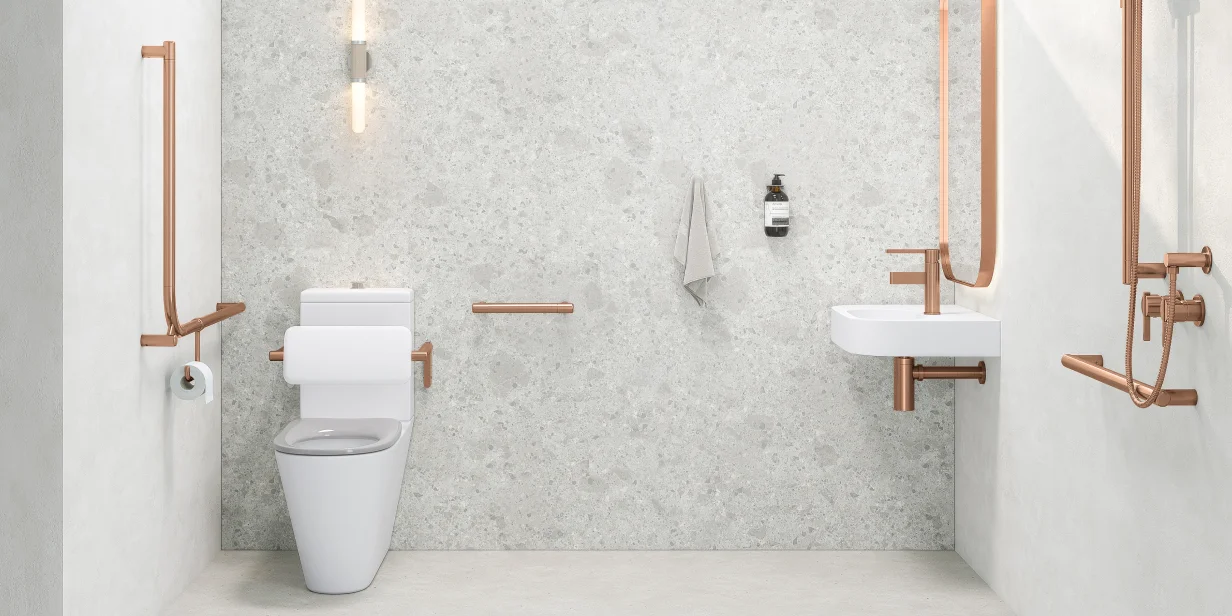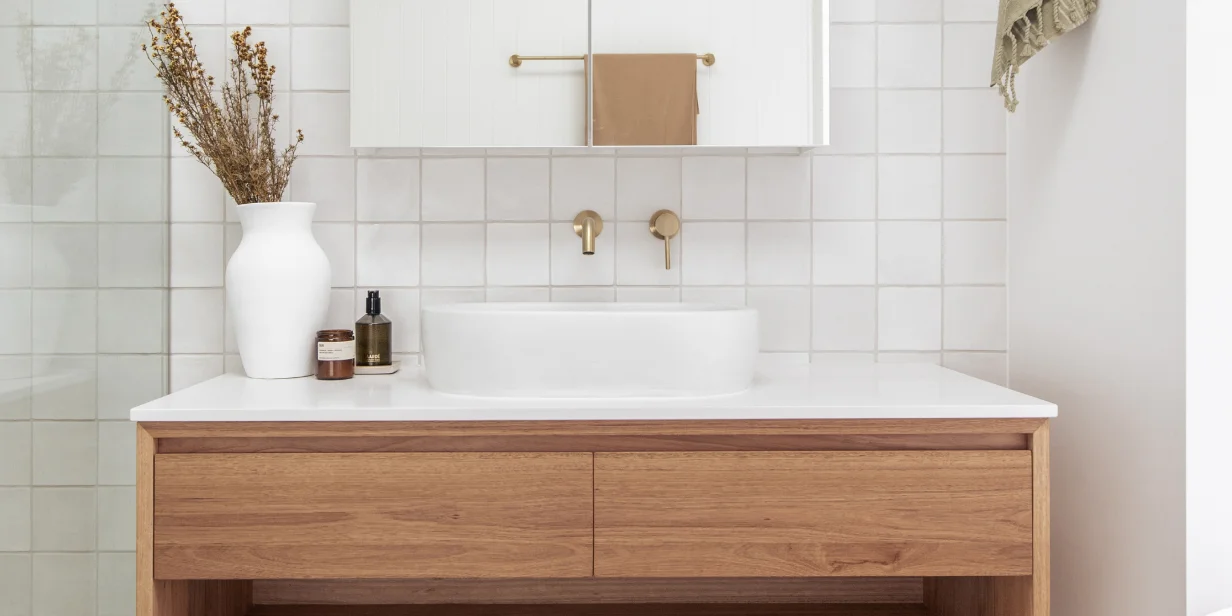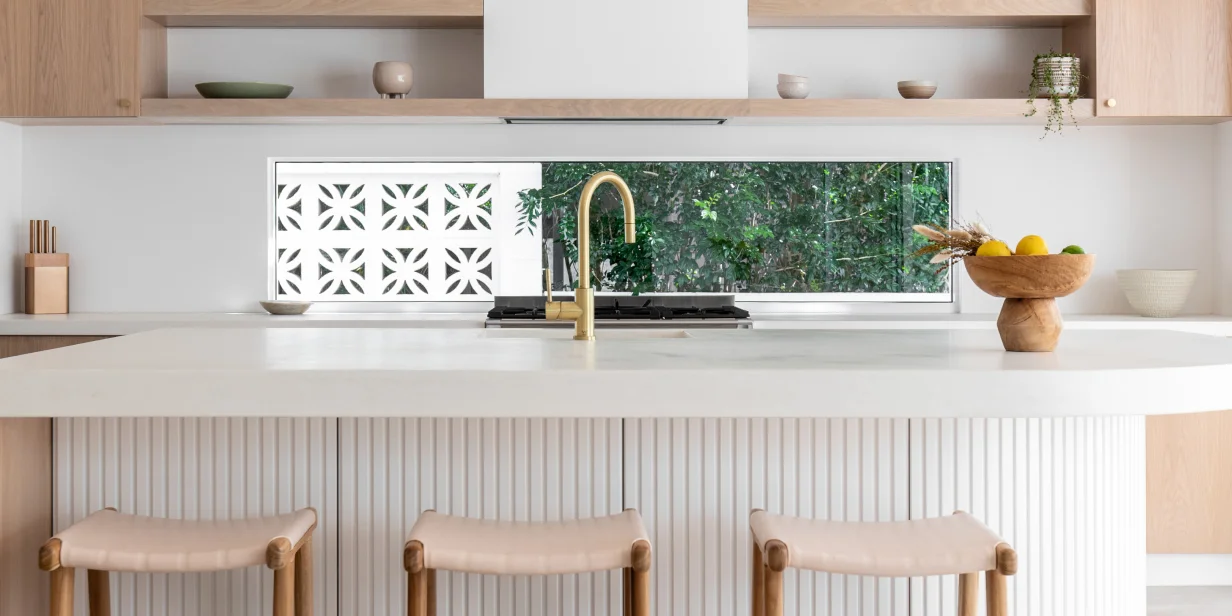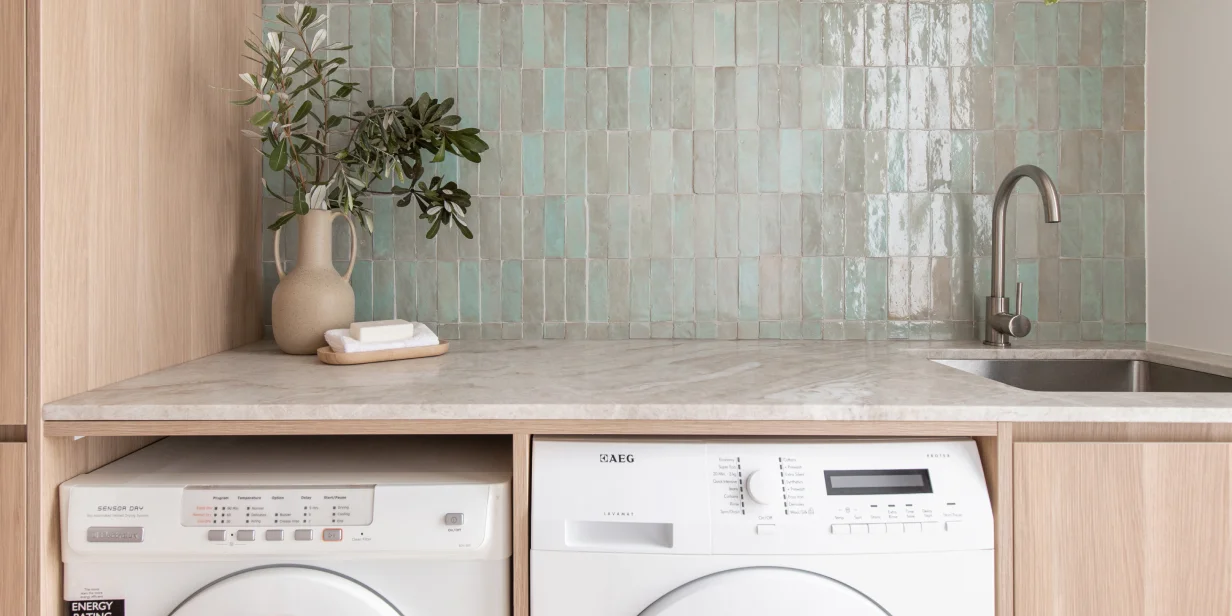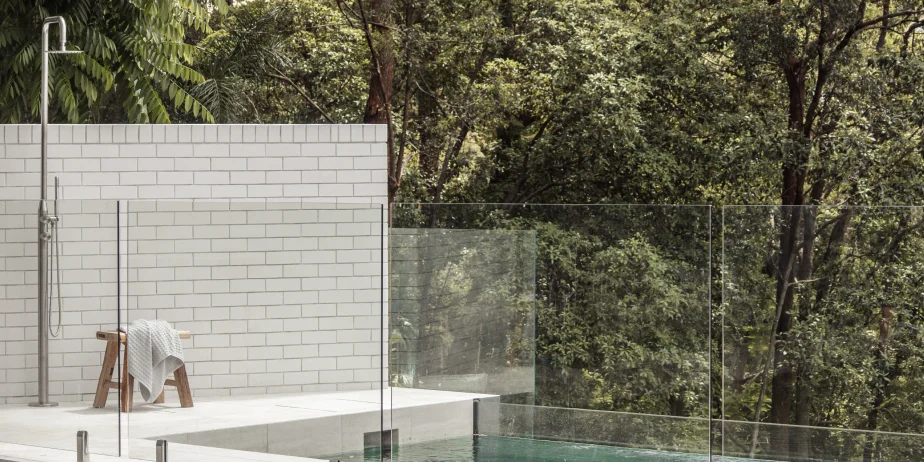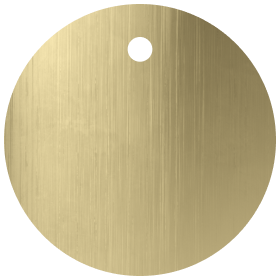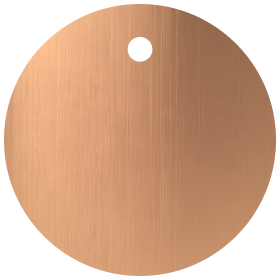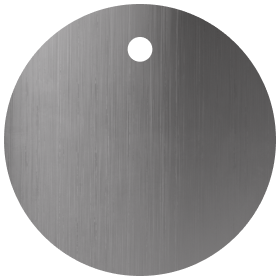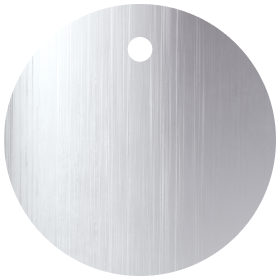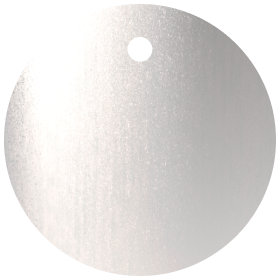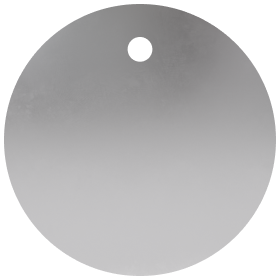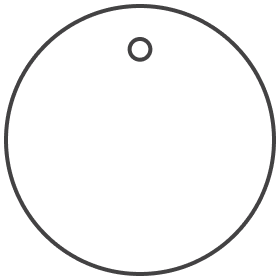Understanding the Elements of Modern Australian Design
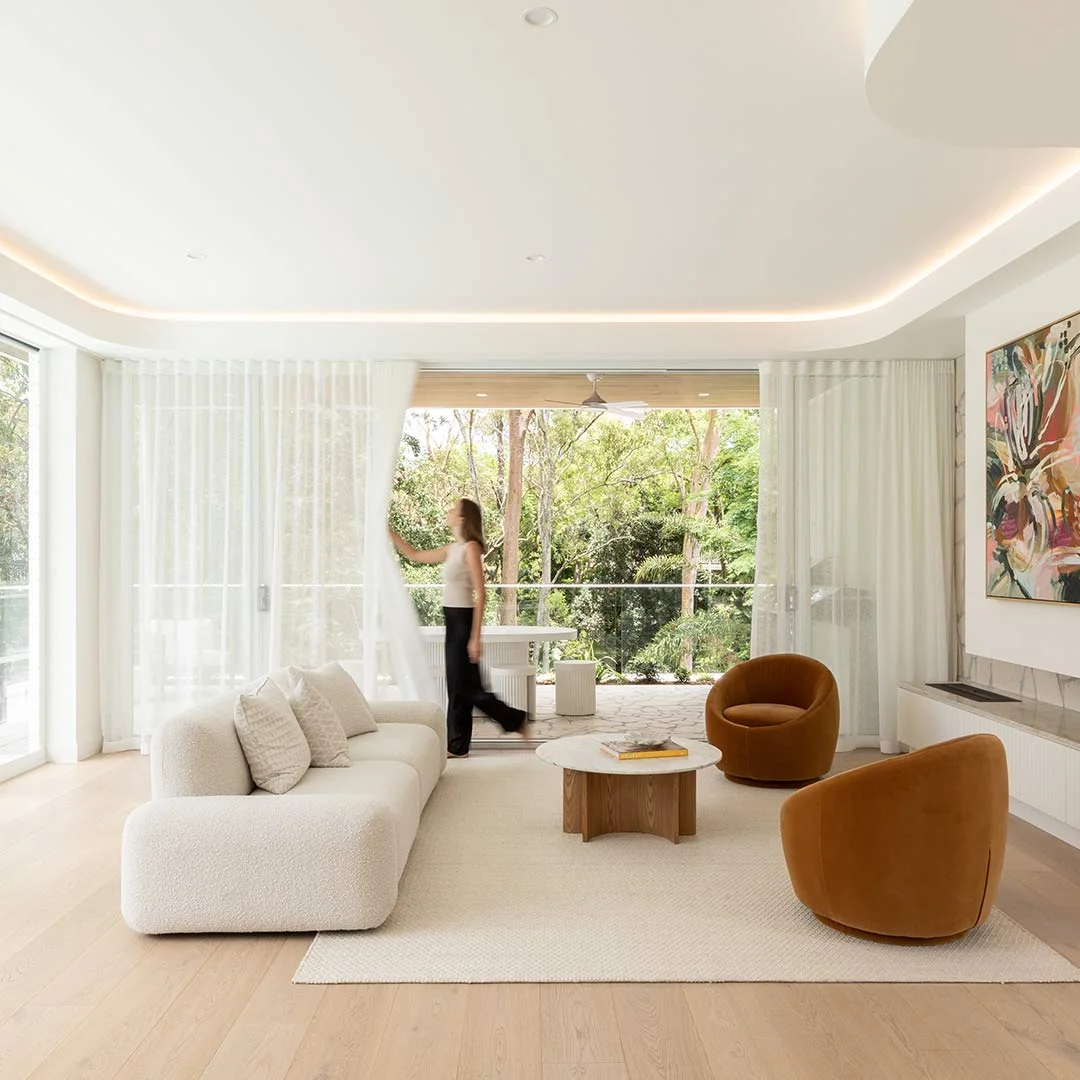
Modern Australian design is beginning to emerge as its own distinctive style — though it would be impossible to define the country with one overarching visual identity. Instead, it uses the power of various subtleties to make its case known.
Australia is a multifaceted and layered nation, with a close relationship to the environment. This is true in modern times, with sunny days off spent at the beach or in the bush for many of us. It’s also true in the rich history of our First Nations peoples — who have chronicled a kinship with the natural world for time immemorial.
This enduring love for the outdoors aims to be captured inside and builds on a slew of beloved international trends too — all feeding into and inspiring the current image of Australian architecture styles.
In this article we look to unpack this developing genre; examining what influences it, honing in on what sets it apart, and providing some ideas of modern Australian interior design for your own inspiration.
What are some features of modern Australian house designs?
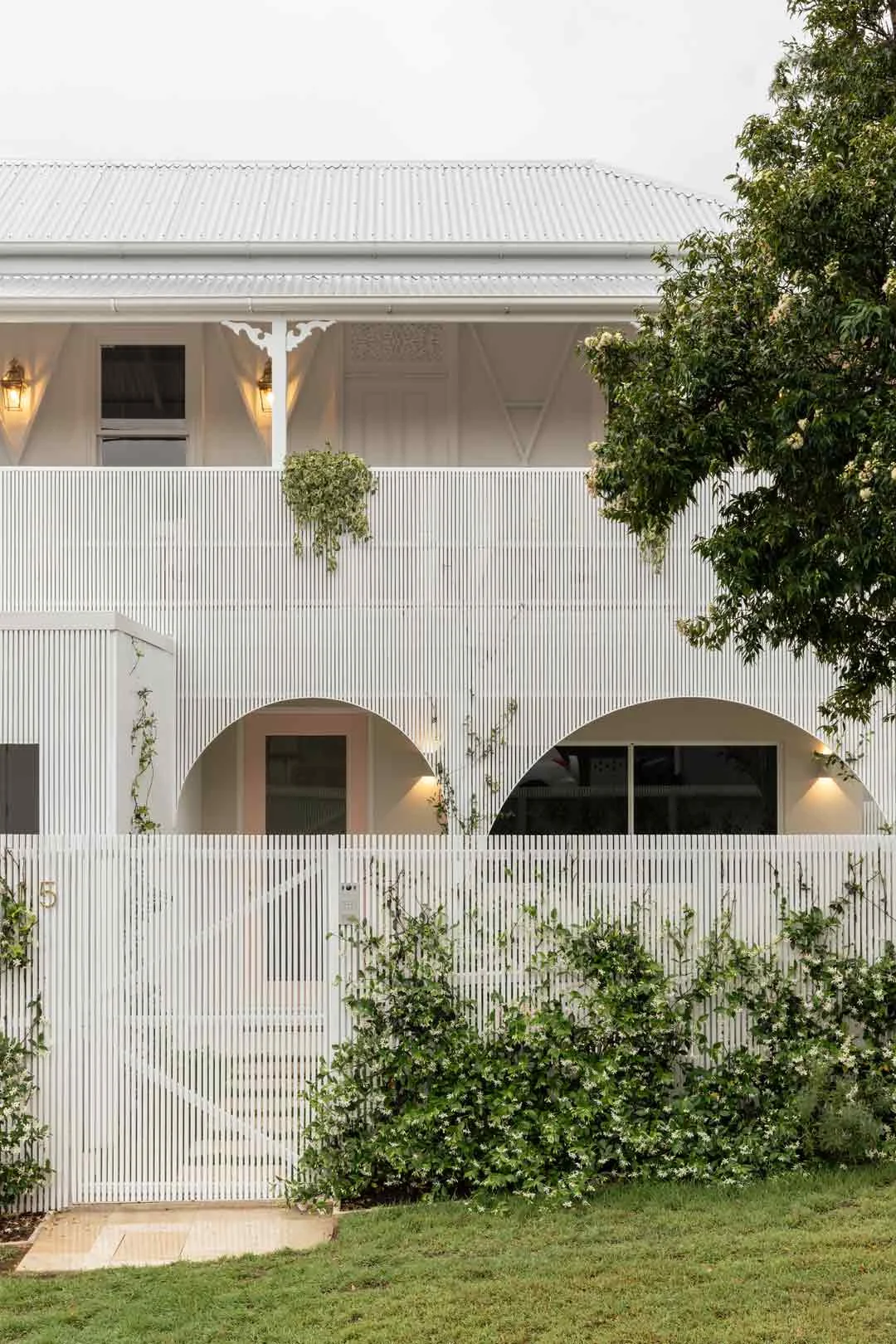
In a practical sense, modern Australian house designs have to withstand environmental conditions. Regions across the nation experience different (sometimes extreme) weather patterns. Some of these include bushfires, cyclones, drought, floods, and snow — but usually fluctuations of intense heat.
Areas that are warm, taking the state of Queensland as an example, may feature a wrap-around balcony, plentiful windows and skylights, houses on stilts, and breezeways — typifying the quintessential “Queenslander” style and offering a reprieve from warmer weather. In cooler areas, insulation is paramount, but a recent finding saw existing Australian designs lack proficient protection from the cold, as early structures were built from a European perspective that had little understanding of the climate. Modern Australian architectural styles are now starting to adopt double and triple glazing, daylighting design techniques, and other passive heating and cooling strategies to equalise climatic conditions.
What is unique to Australian house designs, is that they are among the largest properties in the world. As recorded by the Australian Bureau of Statistics in 2021, the average size of a newly built Australian home is around 242 square metres — beating the U.S. and Canada. This influences modern Australian house design as there is availability and desire for homes that run bigger.
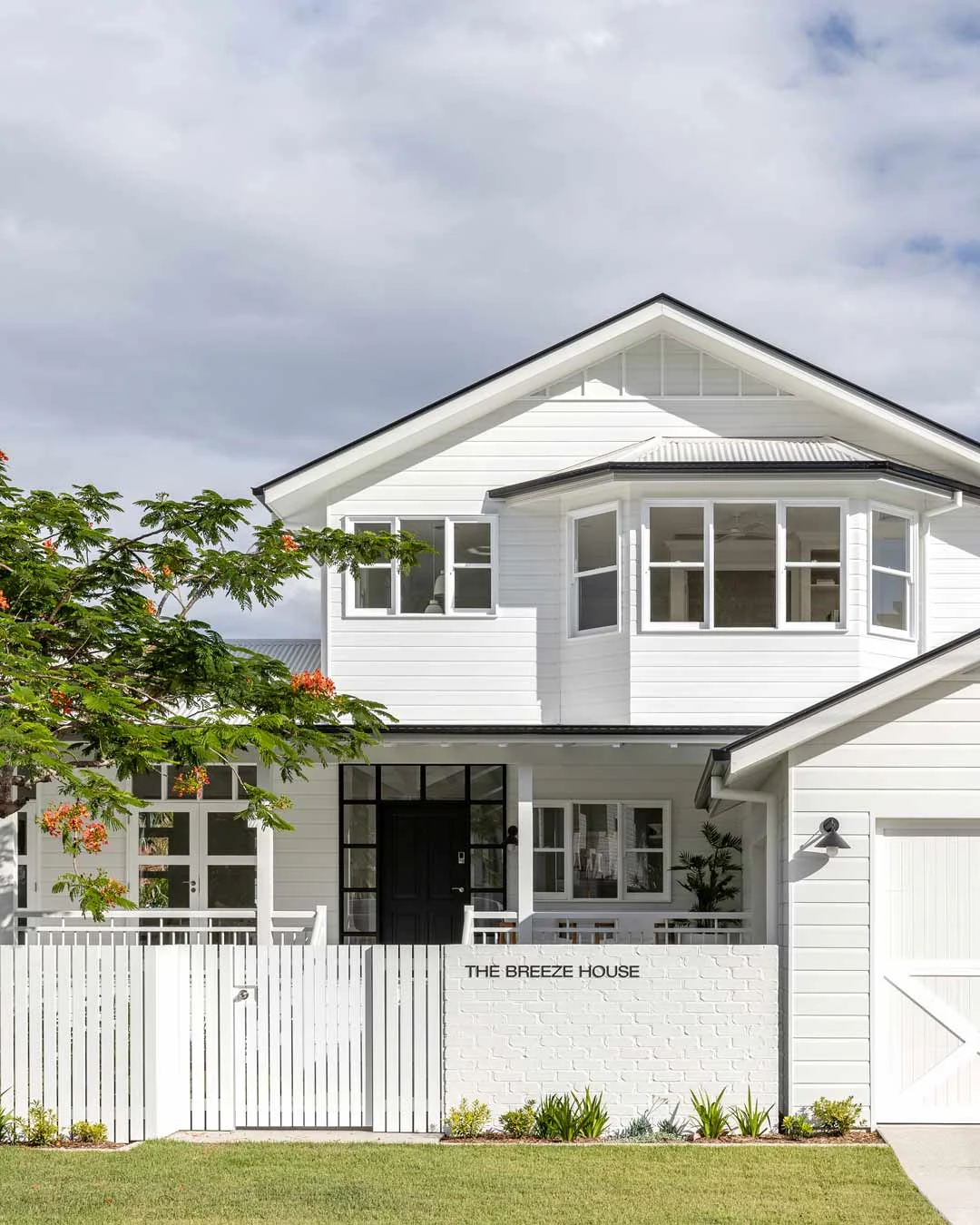
In a visual sense, modern Australian interior design reflects a country girt by sea, celebrating values of relaxed, unpretentious, and adventurous living. It’s not a style birthed independently of others but builds on them instead — in particular, Scandi as a strong influence, as well as Japandi, Victorian, Georgian, the Californian bungalow, farmhouse, and modernism.
As it’s a complex and in-progress style, it can be hard to pinpoint a place to start when executing it. To simplify, we’ve constructed some foundational aspects of modern Australian interior design styles for you to try out.
Strong Focus on Indoor/Outdoor Living
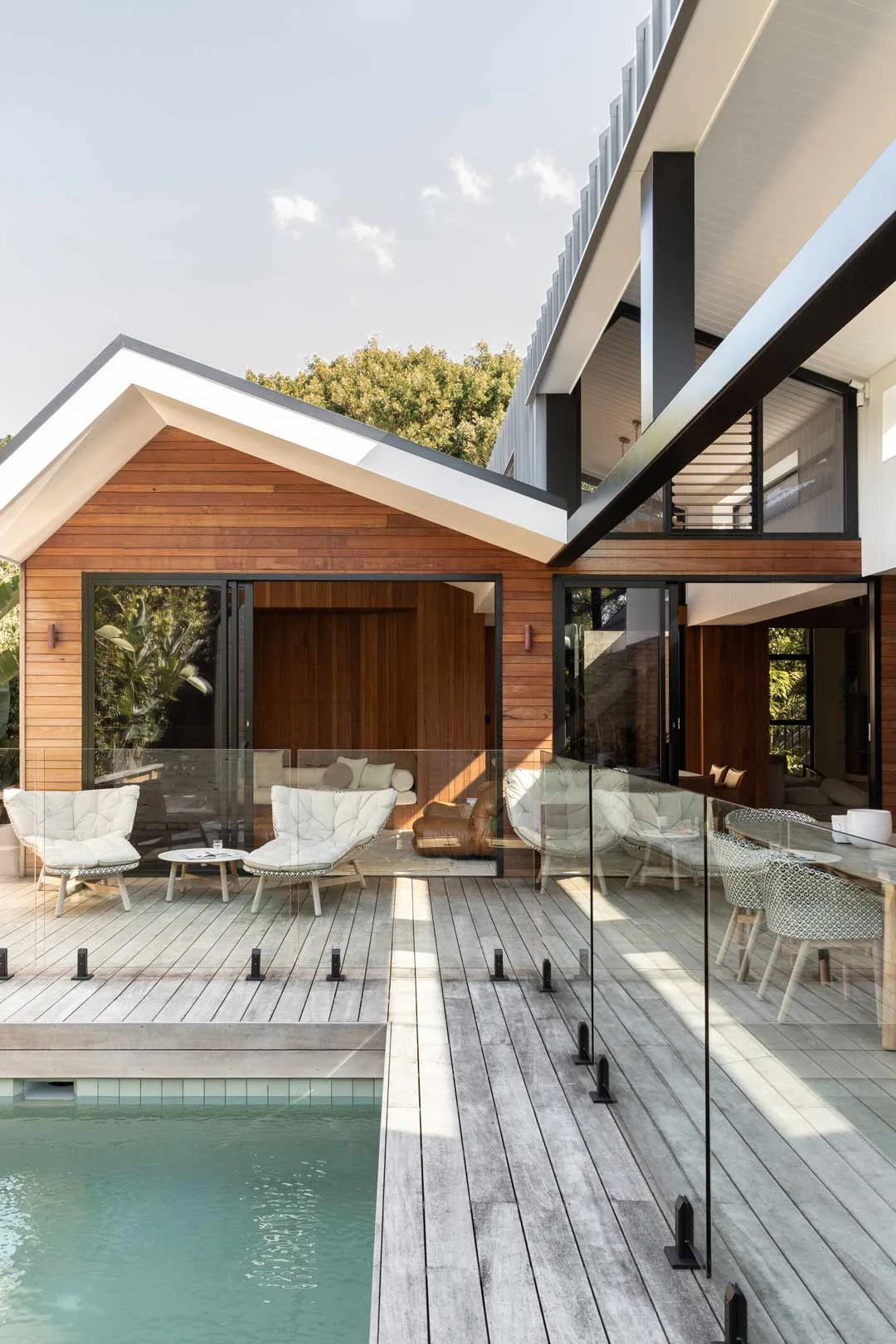
Moving from inside to out should be an almost seamless transition, with ample vantages that frame the outdoors — letting it bring an organic softness to a space. Having a view of surrounding native plant and animal species is one of the most distinguishable features of modern Australian house designs. It’s part of the sensory experience that lets you know exactly where you are: home. Think about including bi-fold doors, an alfresco kitchen, or skylights and windows to achieve a sense of connectedness to the outdoors.
Bright, Light Palettes
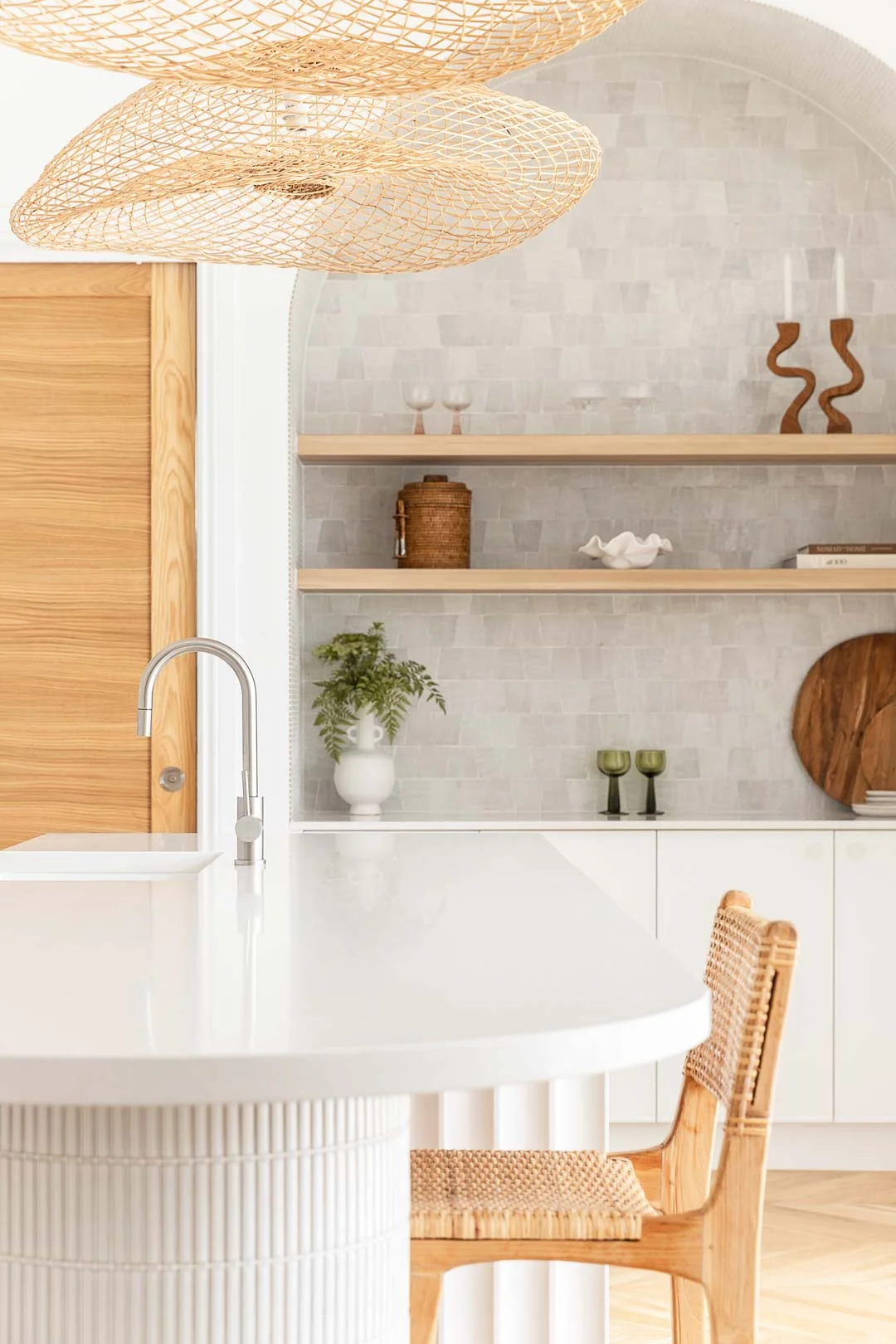
There is something to be said about the way the Australian sunshine captures a light scheme and vivifies it. It’s certainly not gentle, filtered rays — it’s strong and bold. Due to the elliptical orbit of the Earth, NASA explains that summer in the Southern Hemisphere is closer to the sun than in the Northern Hemisphere. Interiors that are generally lighter can benefit from minimised heat retention while exemplifying the sun’s enthusiastic radiance.
Textured and Hardy Natural Materials
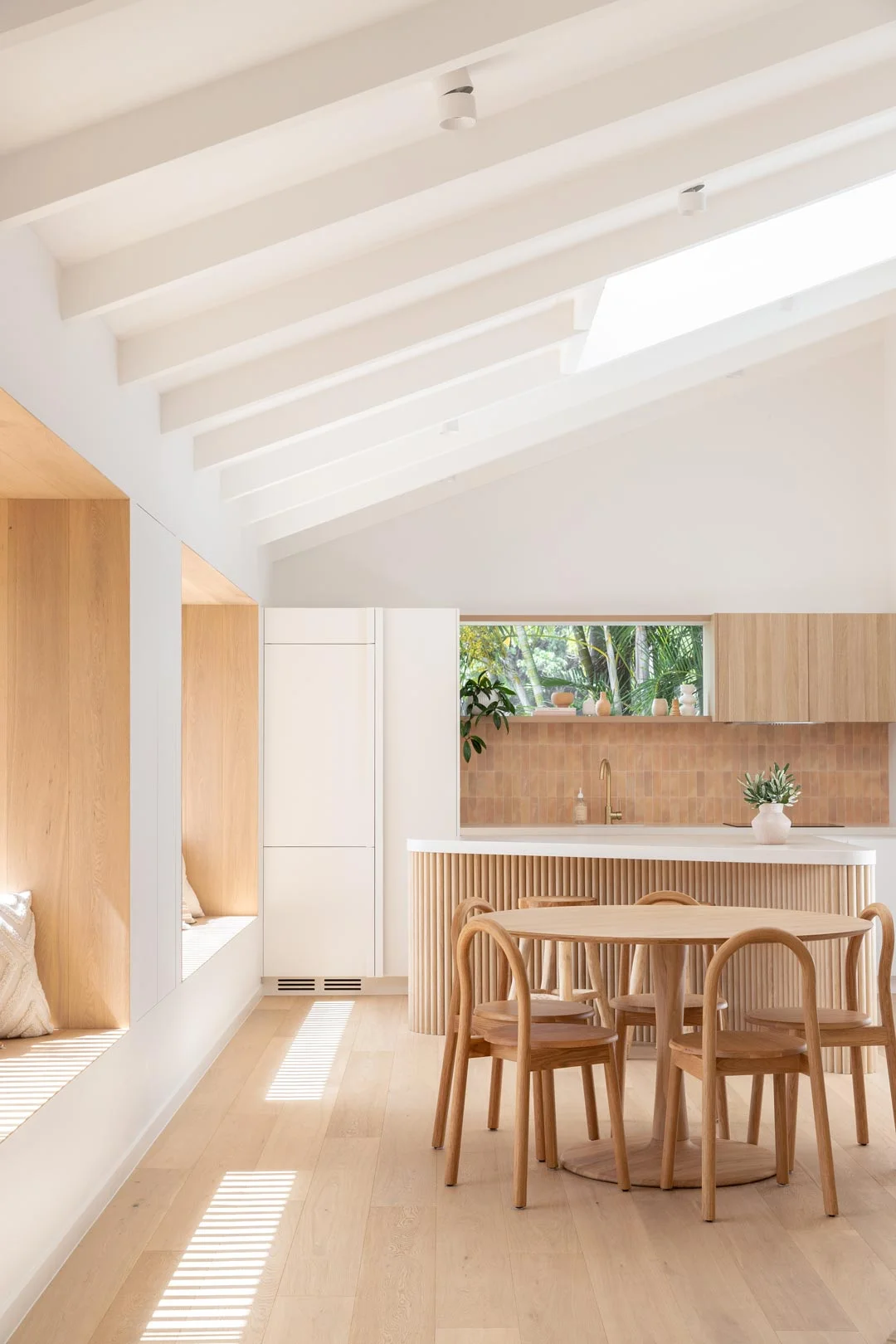
Australia’s landscape has a distinguishable ruggedness and robustness, and a few key building materials can help to instil a sense of that in the home. Tasmanian oak, red clay brick, blackbutt timber, and stone.
Earthy Colour Accents and Decor
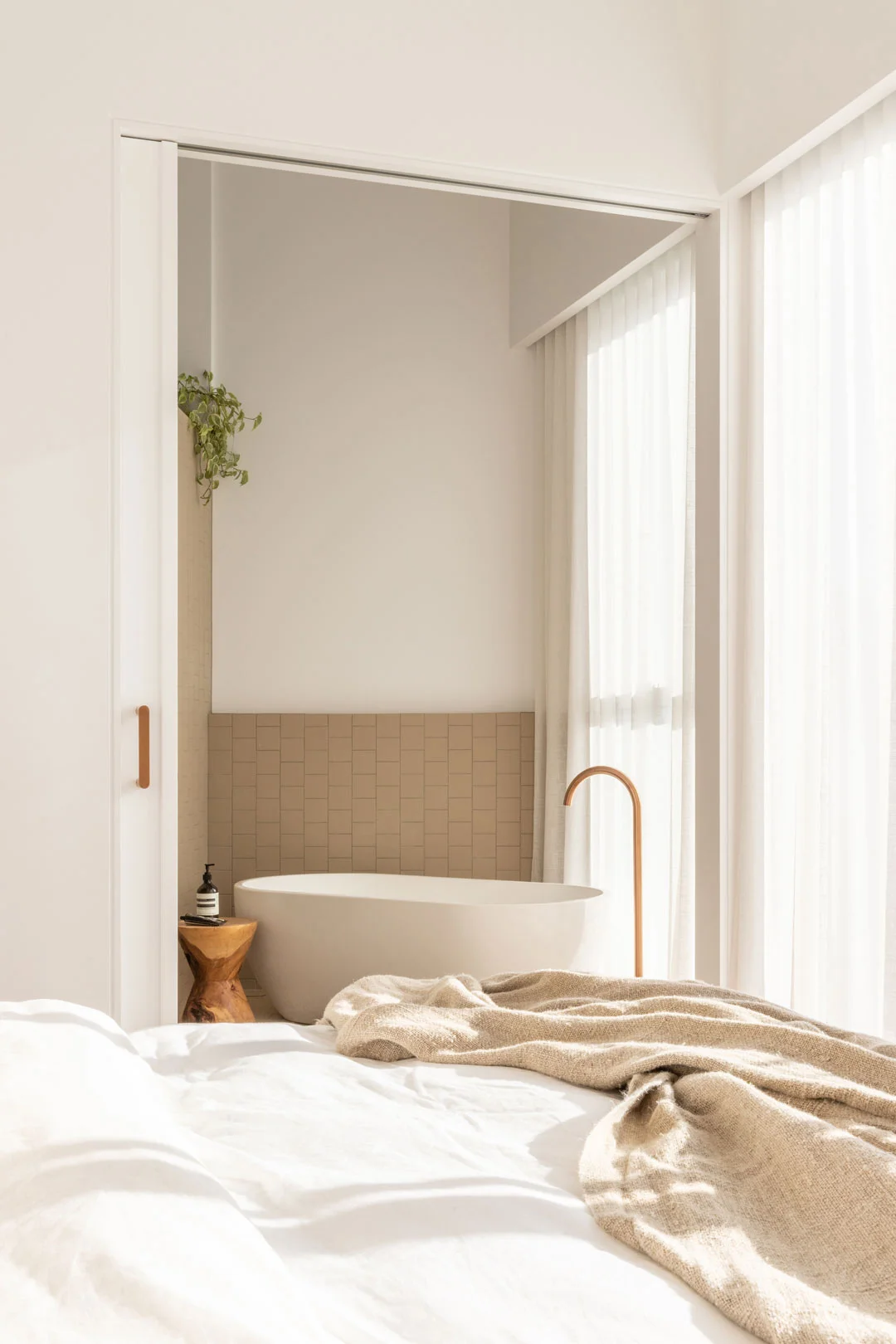
Bring groundedness and dimension to a modern Australian design scheme with earthy tones and decor. It contributes to the lived-in and laidback aspiration, honouring the tones and textures of the country. It’s no wonder that brushed brass and brushed copper are some of the most popular fixture finishes — they exude earthy warmth. Some colours to look at include ochres, eucalyptus greens, pacific blues, and basalt grey.
Pared-Back Interiors with Key Personality Pieces
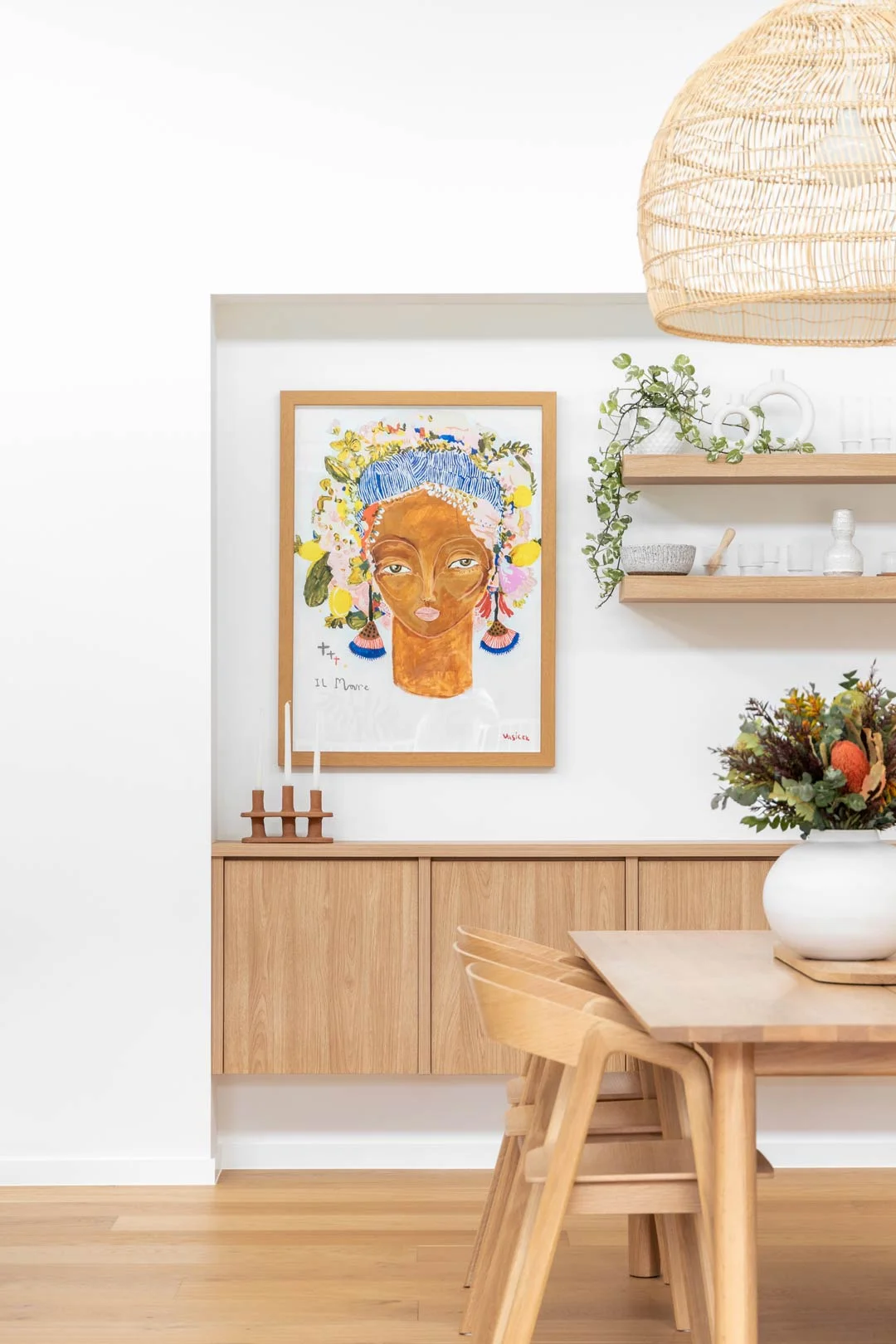
Clutter is not ideal here, as there needs to be enough space for adventurous, energetic lives to move through. But that doesn’t necessarily equate to a sterile environment. By keeping spaces toward the minimal side, your favourite personality pieces get more room to shine. You can even try exhibiting works that feature places or artists from Australia to make your home reflective of the country’s creativity.
Modern Australian design is an incredible opportunity to showcase the many unique sides of this characterful continent. The home will always be a personal art gallery of an individual’s life, and for Australians, it’s a story that depicts vivid experiences within a vivid environment. We’re excited to see what nuances join this design style in the future.
Want to read more about Australian design? Head to Melbourne and learn about our design capital’s history and architecture.
